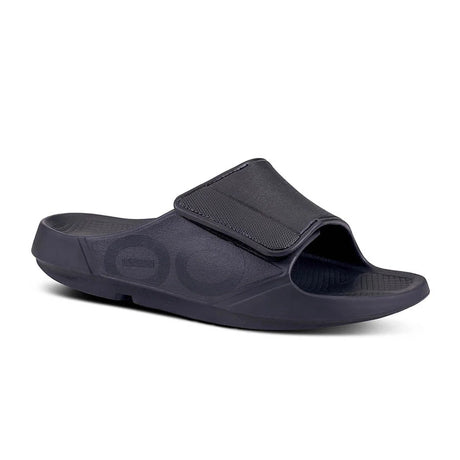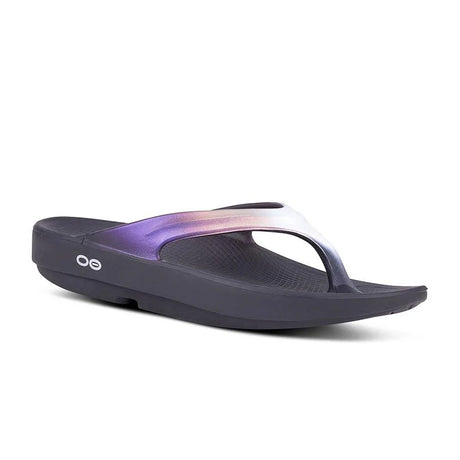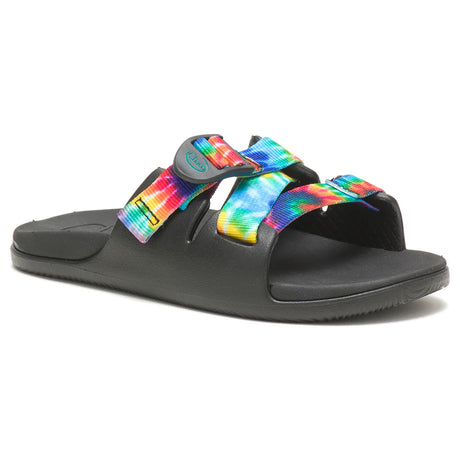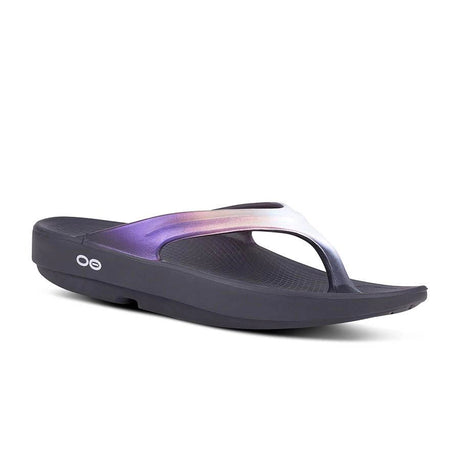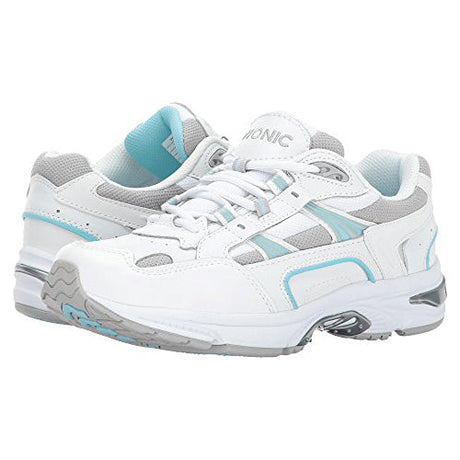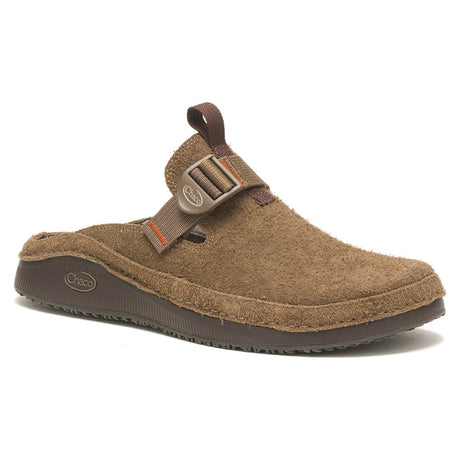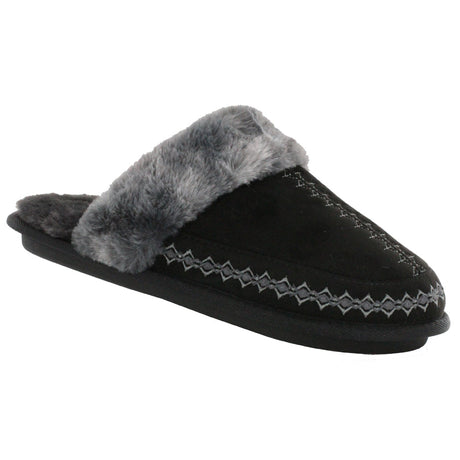Footwear
You're currently browsing our entire selection of footwear. Narrow your search by selecting one of the below categories, or by using our product filters. Contact us if you have any questions or if you would like a product recommendation.
Categories
About Footwear
What kind of footwear do you carry?
What kind of footwear do you carry?
All of the footwear we carry is considered orthopedic or orthotic footwear. This means that the footwear is designed to biomechanically support the foot. In other words, the footwear we carry typically will have a combination of foot support and foot cushioning to ensure your foot has proper support and increased comfort day in and day out.
Can footwear help with foot pain relief?
Can footwear help with foot pain relief?
Orthopedic footwear is designed to support the foot and provide enhanced cushioning, both of which will help prevent and alleviate common foot conditions such as plantar fasciiits and over-pronation.
When would I buy orthopedic footwear instead of an insole?
When would I buy orthopedic footwear instead of an insole?
The one major limitation of using insoles for foot support is that they can only be used in enclosed footwear, such as sneakers, loafers, boots, etc. When it comes to sandals, slides, clogs, and other such footwear, insoles typically will not stay in place correctly.
If you already have a pair of sandals that you love but want more support, shopping for a shoe insert is a great solution. However, if you're looking for new footwear and want to ensure that it will have the support you need, shopping for footwear with that support and cushioning built into the product is a better solution.
Can the insoles in orthopedic footwear be removed?
Can the insoles in orthopedic footwear be removed?
Generally, no. The vast majority of the footwear we carry has the foot support built directly into the sole of the shoe and is not removable. A handful of products do have removable insoles, but generally the answer is that the insoles in orthopedic footwear are not designed to be removed.
How do I care for my footwear?
How do I care for my footwear?
This depends primarily on the material of which the product is made, and you should always follow the product's care instructions for cleaning.
Most materials such as foam and PU leather can be quickly wiped down with a damp cloth or even a mild detergent to help remove dirt and mud. For materials such as genuine leather and suede, pay close attention to the product's care instructions, as different cleaners may be required to avoid ruining the materials.
What shoe size should I purchase?
What shoe size should I purchase?
You should purchase the size that most closely corresponds to the size of shoe you most often purchase that fits well.
For example, if you've purchased four pairs of shoes, three of which are a Women's 9 and the final one of which is a Women's 9.5 and all four pairs fit well, we'd suggest purchasing the size Women's 9 in the item you're interested in ordering.
If you're between sizes, we typically recommend sizing up to the nearest size, but many of our footwear products state whether the product runs large or small to help you make a decision on sizing up vs. sizing down where necessary.
My orthopedic footwear hurts when I wear them?
My orthopedic footwear hurts when I wear them?
Just like insoles, any change in the support your feet receive will take a little bit of time for your feet to adjust to. We recommend only wearing your new footwear for a few hours at a time for the first few days to allow your foot time to adjust to the new arch support.
If you wear arch support insoles or orthopedic footwear already, your adjustment period to your new footwear may be shorter. If you don't wear arch support insoles or orthopedic footwear regularly, it may take several days to a week of occasional wear for your feet to fully adjust to the new footwear.
What happens if I'm not 100% sure I'll like my new footwear?
What happens if I'm not 100% sure I'll like my new footwear?
We accept returns for footwear only when the item is in new condition with all tags and packaging. Any dirt, stains, scuffs, or other signs of wear will make your footwear ineligible for return. Similarly, returning the item without its tags or packaging will also make the item ineligible for return.
We recommend that you try your footwear on for sizing indoors in a clean environment while wearing socks in order to avoid making your item ineligible for return.

